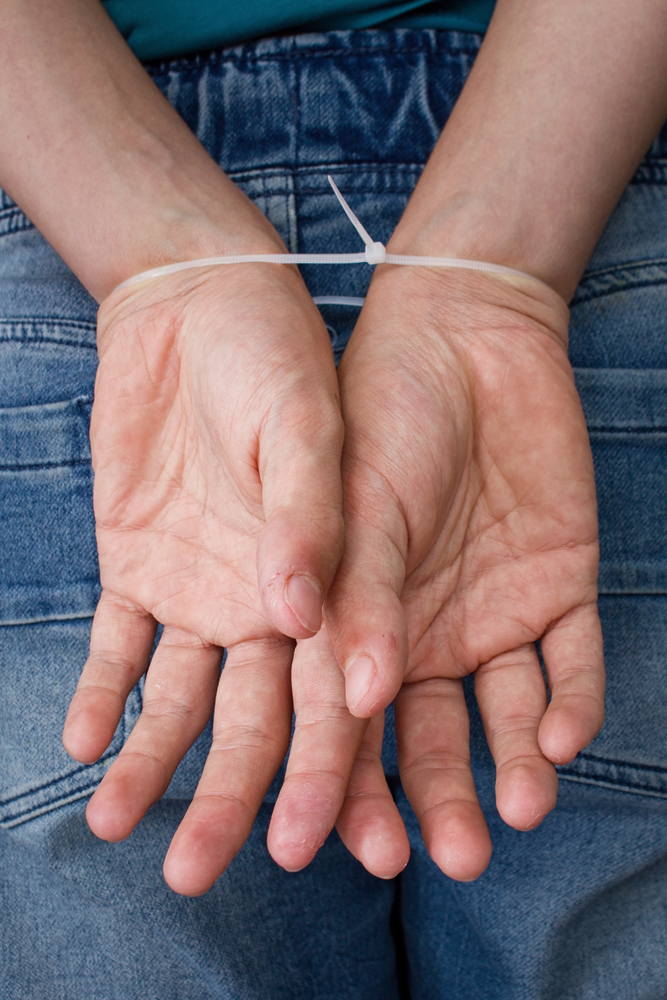Over time, this imbalance triggers chronic gastrointestinal inflammation, leading to a higher risk of gastrointestinal diseases. One of the ways alcohol makes depression worse is by causing you to become anxious. It doesn’t happen from casual drinking but instead from chronic alcohol use.
Relationship issues

Either way, strong mental health support makes a big difference in overcoming depression and alcohol. Everyone feels blue or down from time to time, and people often say that they feel “depressed” during these temporary bouts of sadness. But clinical depression isn’t just a matter of feeling the occasional ups and downs or periodic sadness caused by issues of daily Sober House life. If you’re concerned alcohol has become your go-to method of managing negative feelings like depression, there’s no shame in reaching out for support. When you have healthy habits in place to cope with unwanted feelings, you’ll probably find it easier to use these strategies to push back against distressing emotions you might experience while drinking.
Alcohol use and depression symptoms
Some people may drink to try to relieve the symptoms of mental ill-health. It is estimated that 1 in 10 people in the US has experienced a major depressive episode and only 50% of those individuals decide to seek treatment. Depression and alcohol use are a dangerous combination that is best treated with support from professionals and with support from loved ones. Atypical medications, also referred to as second-generation antipsychotics, have become some of the most prescribed medication to help treat depression. Antipsychotic medications are used in small doses concurrently with other antidepressants to help heighten the effects of the primary medication and increase serotonin levels.

Feeling worthless and ashamed
This co-occurring disorder isn’t uncommon, but it can be difficult to treat. Nearly one-third of people with major depression (or major depressive disorder) also have alcohol use disorder. Research shows that depressed children are more likely to have problems with alcohol a few years down the road. Also, teens who’ve had a bout of major depression are twice as likely to start drinking as those who haven’t. And if you start drinking at an early age, your risk of alcohol use disorder is higher. Federal survey data show that in 2022, only 7.6% of people (12+) with a past year alcohol use disorder received any treatment.
- Some researchers have suggested that the effects of psychotherapy may account for some of the pill placebo response observed in medication studies.
- Addiction is a chronic, treatable brain disease, not the character flaw many people believe it to be, he stresses.
- Alcohol changes levels of serotonin and other neurotransmitters in the brain, which can worsen anxiety.
What Are the Long-Term Effects of Alcohol on the Body?
- You can also get help from Alcoholics Anonymous or an alcohol treatment center in your area.
- Alcohol can also contribute to arrhythmias (irregular heartbeats) and hypertension (high blood pressure), increasing the risk of heart attack, stroke, and heart failure.
- If you binge drink alcohol, your depression and anxiety may also worsen.
In summary, none of the three types of studies conducted (i.e., family studies, prospective investigations, and studies involving COA’s) proves an absence of a relationship between long-term anxiety or depressive disorders and alcoholism. As briefly discussed earlier in this article, the family studies are far from definitive because of difficulties in the methodologies used. It is also important to remember that some studies indicate a potential relationship between alcoholism and anxiety/ depressive disorders. In addition, alcoholism and these psychiatric disorders may operate together within some families, or individual instances may occur whereby a person develops alcoholism as a direct reflection of a preexisting psychiatric syndrome.
Simultaneous treatment
Whether it’s a change in appetite, hypertension, or a weakened immune system, these symptoms can be the result of chronic stress. If you aren’t feeling good about yourself, it’s common https://thefloridadigest.com/top-5-advantages-of-staying-in-a-sober-living-house/ to want to be alone, but doing so can make your depression worse. If you feel unable to keep yourself safe or think you might harm yourself it’s a mental health emergency.
Effects of Alcohol Use
There is reason to believe that once identified, heavy alcohol use among depressed patients could be addressed effectively through the use of brief motivationally focused interventions. Abusing alcohol while living with mental health conditions is incredibly dangerous. Using alcohol to combat depression symptoms not only makes the depressive symptoms worse but also increases the risk of suicidal thoughts and life-threatening actions. Mutual-help groups also can be effective elements of treatment for co-occurring AUD and depressive disorders.
If you are feeling like ending your life or feel unable to keep yourself safe, please call 999 or go to A&E and ask for the contact of the nearest crisis resolution team. These are teams of mental health care professionals who work with people in severe distress. If you feel affected by the content you have read, please see our get help page for support. In the long-term, alcohol uses up and reduces the number of neurotransmitters in our brains, but we need a certain level to ward off anxiety and depression. This can make you want to drink more to relieve these difficult feelings – which can start a cycle of dependence. Several separate lines of evidence cast doubt on the possibility that high proportions of alcoholics have severe, long-term depressive or anxiety disorders.
- Cognitive behavioral therapy can also be used to treat co-occurring AUD and MDD, by improving your emotional regulation, changing your cognitive behaviors, and helping you develop personal coping strategies.
- Our program is 100 percent accessible through your smartphone or personal device, and is in-network with many insurance providers.
- Other data also suggest a greater-than-chance association between panic disorder (and perhaps social phobia) and alcoholism (Cowley 1992; Cox et al. 1990; Kushner 1996).
- A variety of factors may have contributed to increases in drinking including a growing social acceptability of alcohol and loosening of alcohol policies at a state level.
- These ADLs can be as complex as engaging in work activities to tasks as simple as getting out of bed.
However, the flip side is that people who frequently use alcohol are more likely to also be depressed. Drinking a lot may worsen these feelings, which may actually drive further drinking. Gabapentin, while commonly prescribed for various conditions, comes with its own risks.